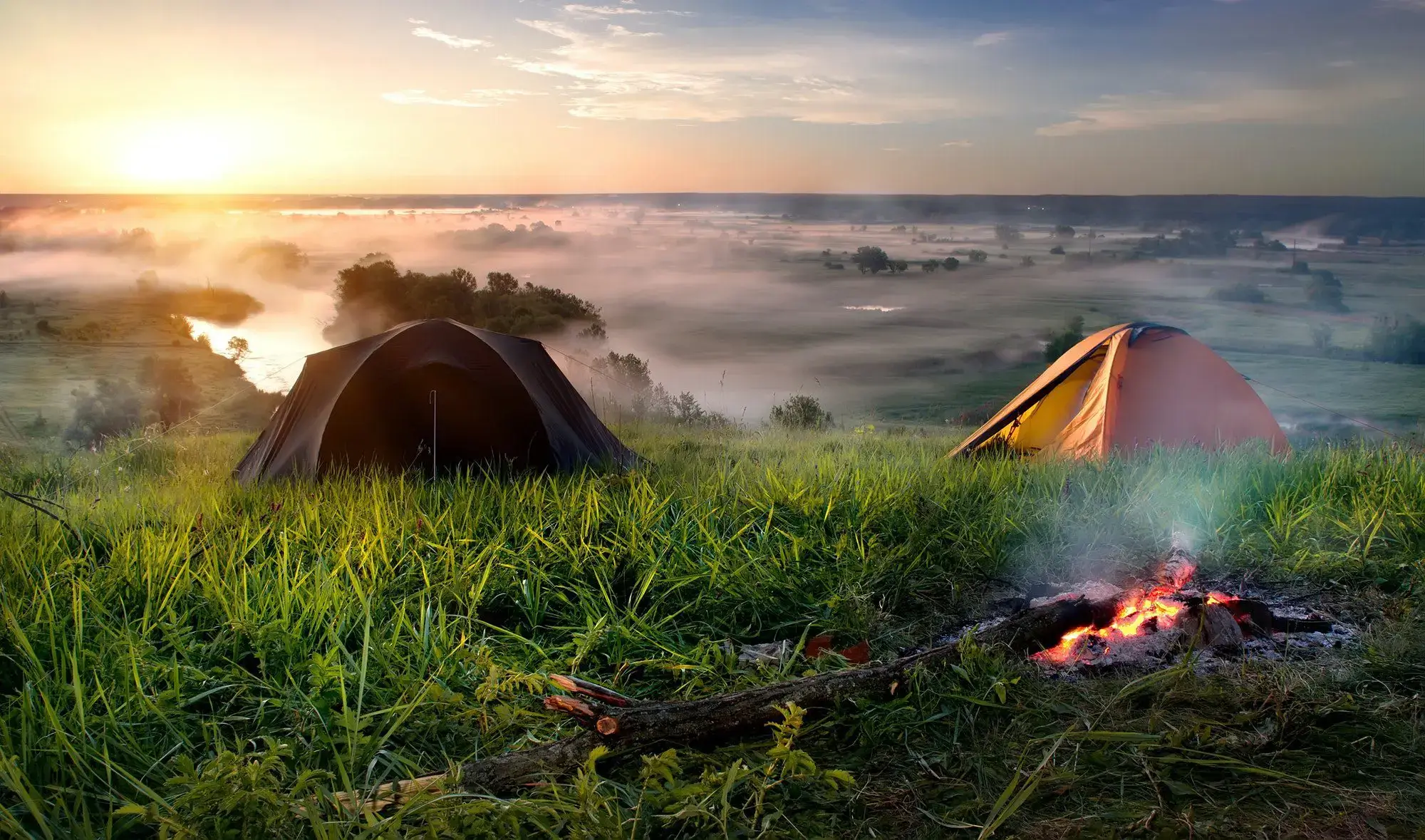Camping offers a perfect escape from the hustle and bustle of everyday life, giving you an opportunity to get back in touch with nature and have a good time in the great outdoors. Whether you are a seasoned camper or a first-timer, proper planning and preparation can make all the difference in maximizing your camping experience. Here are some useful tips to ensure you get the most out of your next camping trip.
Plan Ahead
Research Your Destination
Before heading out, spend some time researching your camping destination. Learn about the terrain, weather conditions, and any local regulations or restrictions. When you know what to expect, it can help you pack appropriately and avoid potential issues. Websites and apps dedicated to camping can provide valuable insights and reviews from other campers.
Reserve Your Spot
Many popular camping sites require reservations, especially during peak seasons. Book your campsite in plenty of time to secure your spot and avoid disappointment. If you prefer a more spontaneous approach, look for less crowded, off-the-beaten-path locations that may have availability.
Pack Smart
Essential Gear
Packing the right gear is important for a successful camping trip. Here’s a checklist of essential items:
- Tent: Choose a tent that suits the number of people and the expected weather conditions.
- Sleeping Bag: Choose a sleeping bag rated for the lowest expected temperature.
- Sleeping Pad or Air Mattress: For more comfort and insulation from the ground.
- Cooking Supplies: Portable stove, fuel, pots, pans, utensils, and biodegradable soap.
- Food and Water: Plan meals ahead and pack non-perishable food items. Always carry extra water or a filtration system.
- Clothing: Layered clothing suitable for changing weather conditions, including rain gear.
- First Aid Kit: Be sure to include bandages, antiseptics, medications, and any personal prescriptions.
- Navigation Tools: Map, compass, or GPS device.
- Lighting: Headlamp or flashlight with extra batteries.
- Multi-tool or Knife: Handy for various tasks.
- Trash Bags: These are for leaving no trace and keeping the campsite clean.
Personal Comfort
While packing light is important, don’t skimp on items that enhance your comfort. A camping chair, portable hammock, or a cozy blanket can make your campsite more enjoyable. Additionally, consider bringing along a few entertainment items like a book, journal, or a travel-sized game.
Set Up Camp Efficiently
Arrive Early
Arrive at your campsite early to give yourself plenty of daylight to set up. This allows you to familiarize yourself with the surroundings and choose the best spot for your tent, ideally on flat ground away from potential hazards like falling branches or flooding areas.
Organize Your Site
Once you’ve chosen your spot, set up your tent and arrange your gear in a way that keeps everything easily accessible. Create distinct areas for sleeping, cooking, and relaxing. Keep food and scented items stored securely to avoid attracting wildlife.
Follow Leave No Trace Principles
Be respectful to nature by following Leave No Trace principles. Pack out all trash, minimize campfire impact, and avoid disturbing wildlife. Leaving your campsite as you found it means that others can enjoy the same natural beauty.
Embrace the Outdoors
Explore and Adventure
Take advantage of the activities your destination offers. Hiking, fishing, kayaking, and wildlife watching are popular options. Research local trails and outdoor activities for groups beforehand, and consider bringing a guidebook to learn more about the flora and fauna in the area.
Unplug and Unwind
One of the greatest benefits of camping is the opportunity to disconnect from technology. Use this time to unwind, reflect, and enjoy the present moment. Engage in mindfulness practices, stargazing, or simply listen to the sounds of nature.
Connect with Fellow Campers
Camping is also a social activity. If you’re at a popular site, don’t hesitate to introduce yourself to your neighbors. Sharing stories, tips, and experiences can enhance your trip and potentially lead to new friendships.
Be Prepared for Emergencies
Know Basic First Aid
Accidents can happen, so it’s important to know basic first aid. Take a first aid course if possible, and make sure your first aid kit is well-stocked. Familiarize yourself with the location of the nearest medical facilities.
Weather Awareness
Keep an eye on the weather forecast and be prepared for sudden changes. Have a plan in place for seeking shelter in case of severe weather. Understanding the signs of heat exhaustion, hypothermia, and other weather-related conditions can help you act quickly in emergencies.
Reflect and Improve
Evaluate Your Experience
After your trip, take some time to reflect on what went well and what could be improved. Did you bring the right gear? Was your food sufficient and enjoyable? Use these insights to refine your packing list and plans for future trips.
Share Your Adventure
Sharing your camping experience with friends and family can be rewarding. Post photos, write a blog, or simply recount your stories. Your experiences can inspire others to embark on their own outdoor adventures.

